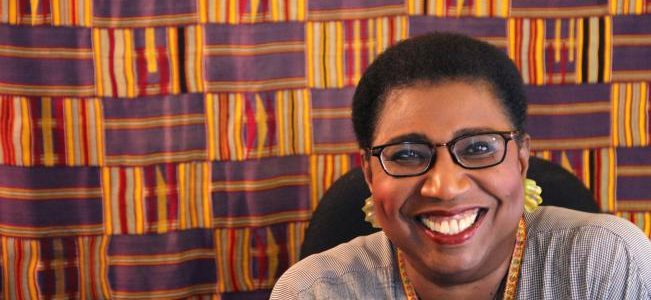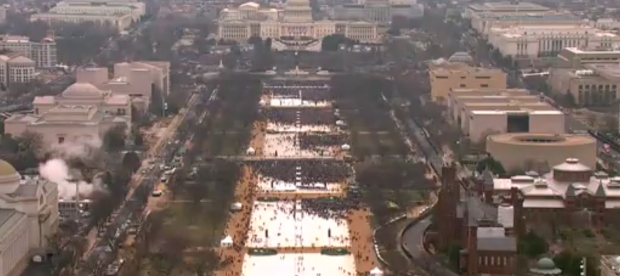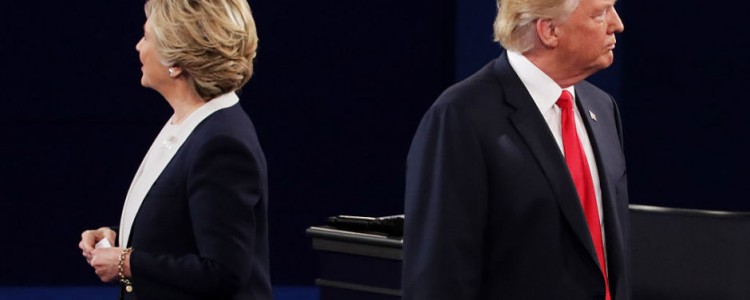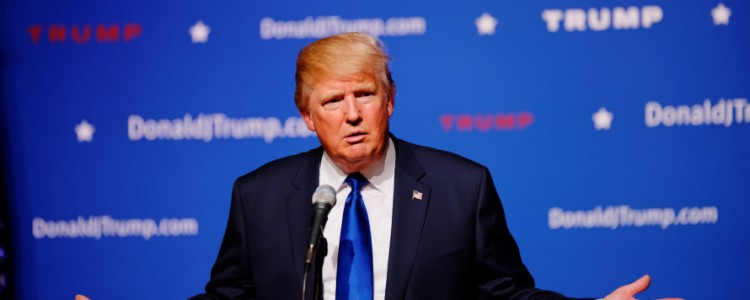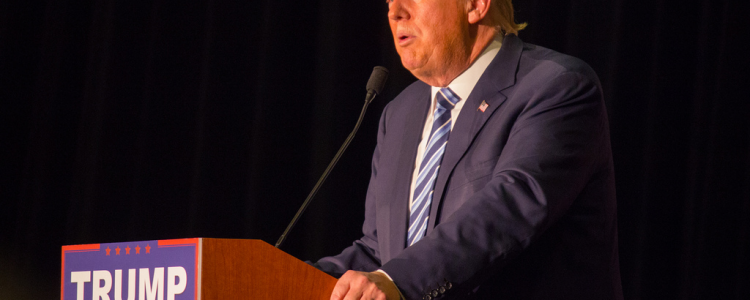Photo: Chatham students prepare to settle in for a long night at the Carriage House for the Election Watch Party.
Photo Credit: Kaylee Spitak
Author: Ross Hsu
Donald J. Trump won the United States presidential election early Wednesday morning, following a much closer race than news outlets and pollsters predicted. Shortly into Tuesday night, much of Hillary Clinton’s “firewall,” swing states that the democrat’s campaign expected to win, were won by Trump, widening Trump’s path and narrowing hers.
People are protesting in cities across the nation, with thousands taking to the streets to demonstrate against the election of a man who has made countless racist, bigoted and misogynistic comments throughout his campaign.
At Chatham University, the mood at the Carriage House watch party changed from excited to tense as the race became closer and closer. Cheers followed confirmation of Clinton wins, but boos for Donald Trump became stunned silences as the possibility of a Trump win set in.
Jenna McGreevy, a sophomore and the president of Chatham’s College Democrats, explained that she was worried but not surprised. “I was suspicious of lots of the polls,” she said. “The demo Trump tapped into don’t interact or vocalize…they are a silent majority. I’m surprised the media didn’t expect it.”
Still, McGreevy was hopeful. “I’m hoping there are more uncounted votes who love America and are better than hatred,” she said as Clinton’s chances slimmed.
As Tuesday night wore on, words like “bleak,” “difficult” and “narrow” were used on election night broadcasts to describe Clinton’s path to 270 electoral college votes. Most panel discussions on the major news networks spent the night discussing their astonishment at the repudiation of polls and predictions for a Clinton win. Articles and news pieces are continuing to analyze the media’s failure. Many journalists and analysts are pointing to voters who claimed they were undecided or voting for third party candidates that ended up voting for Trump. This phenomenon has been called the Shy Tory Factor, in which polled voters are embarrassed or reluctant to report their support for a disliked candidate.
Teri Bradford, a junior and the president of Chatham Student Government, was stunned by the surprise results, lamenting the logic of Trump voters who dislike both candidates. “If you’re choosing between two things you don’t want, why would you choose the one that’s absolutely awful?” she asked. “I just don’t understand.”
Chatham’s home state of Pennsylvania ended up being a closer race than it has been since 1988, a surprise that defies its reputation as a swing state that has voted democrat in the last six elections, but also as a key part of Clinton’s supposed blue wall which all but fell apart Tuesday night. The last time PA voted Republican was 1988.
Post-election analysis shows that Trump won the state mainly through rural turnout in the southwestern precincts, and a lower urban democratic turnout than expected. Trump won many areas by a wider margin than President Obama had in the same regions.
Sophomore Sophie Kerensky was worried about the future as the race narrowed. “I’m just in shock,” the Social Work major said. “Regardless of the outcome, this is dangerous.”
Clinton, Trump and President Obama all spoke Wednesday in a succession of statements responding to the results.
Clinton called her loss “painful,” but urged supporters to accept the result of the election. “We owe him an open mind and a chance to lead,” she said. Obama echoed her call for unity, saying that “we are all on the same team.” The president said he was heartened by his early morning call with Trump.
Even Donald Trump laid down his divisive rhetoric in his victory speech. “Now it’s time for America to bind the wounds of division,” he said. “It is time for us to come together as one united people.”
As the final states were called early Wednesday morning, the mood in the Carriage House was stunned and abysmal. Maryem Aslam, a Senior Biology major, shared the same reaction as many others at Chatham. “A part of my is still hoping new votes will be counted, or something will change,” she said. “I just never expected this.”
